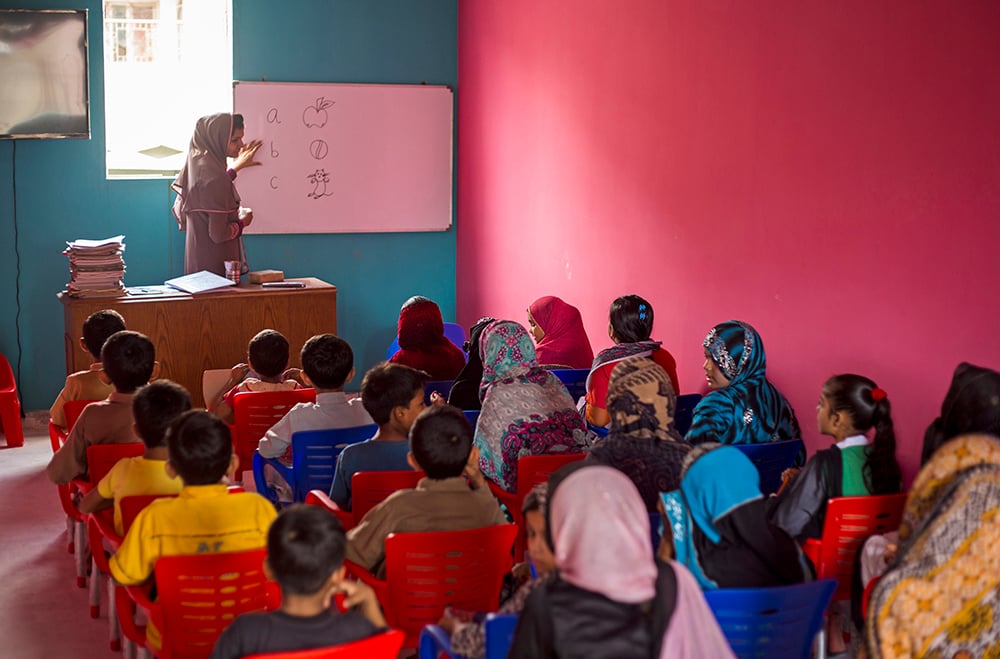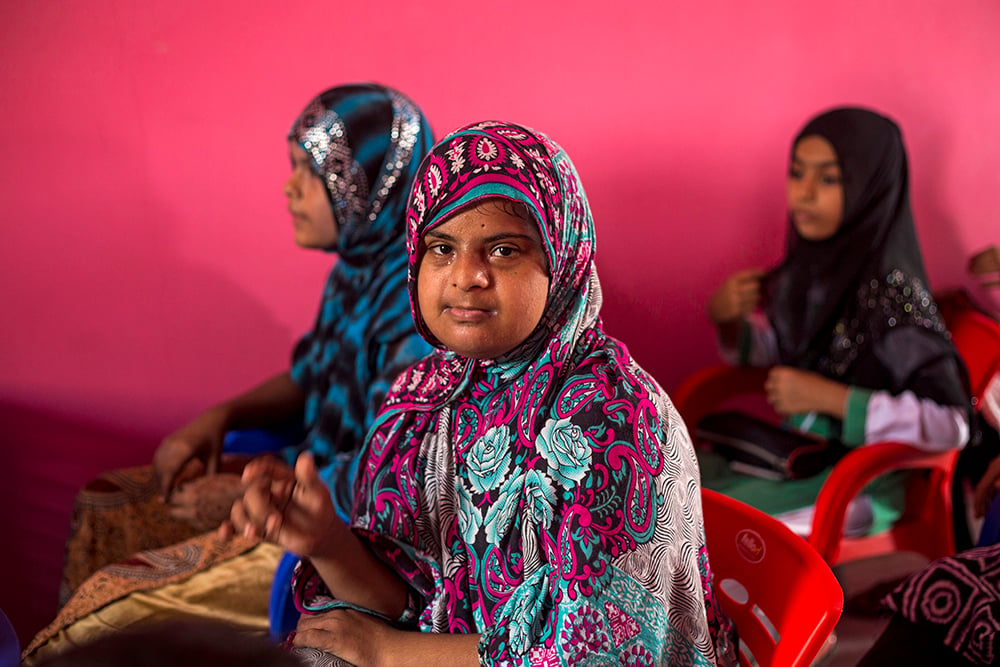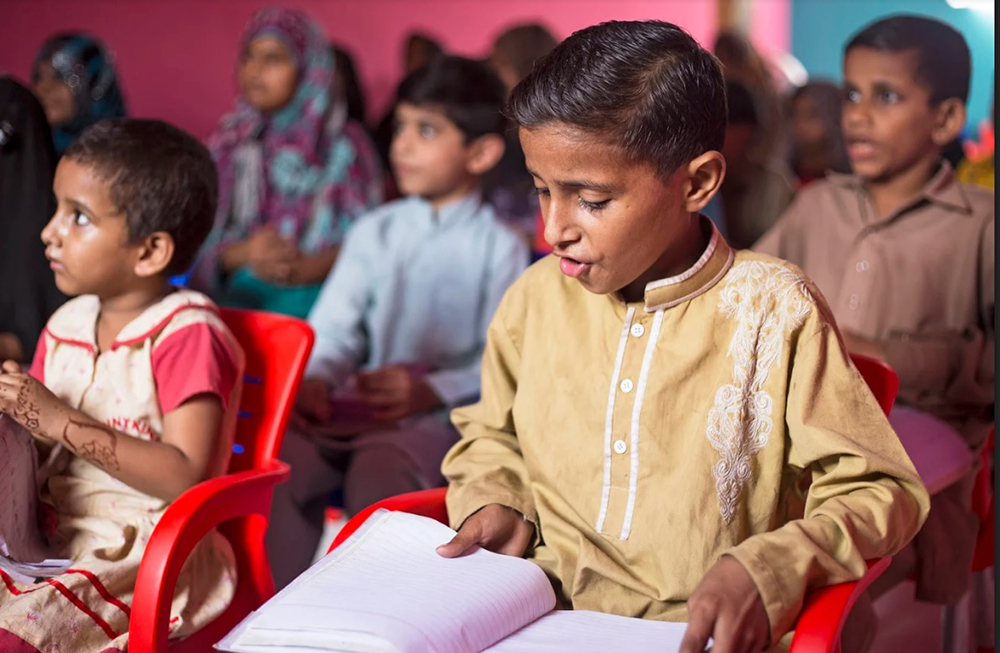“If not now, then when? If not me, then who?” asks Shazia Ishaq, a young woman from Lyari, Karachi’s oldest and one of its poorest neighbourhood.
Every morning, at 8AM, Ishaq leaves her small dwelling to walk to a makeshift room at the Lyari Girls Café, a vocational training institute. The café has allotted free space to her to set up a classroom for street children, orphans and those with intellectual disabilities.
A few years ago, Lyari was not safe. It's over 600,000 residents, were beset by crime, gang violence and police crackdowns. Then, in 2013, soon after the national polls, the federal government launched a paramilitary operation in the megalopolis to root out crime and terrorism. Thereon, the area has stabilised, allowing Ishaq in 2015 to crystallise her dream of educating the youth of Lyari.
“They say the pen is mightier than the sword, I want that to be true for my people,” she tells Geo.tv, “We have suffered a lot.”
The 26-year-old’s life has not been easy. She was only six when her mother passed away. Since then, she has raised her younger brother on her own, who suffers from a speech impediment. While caring for him, she completed her Intermediate in Arts and then went on to do her bachelors in the same subject. These days apart from teaching, she works full-time as a seamstress. As for her brother, he is now a teenager, learning computers at a school for the disabled.
Teaching children with special needs can be challenging, something Ishaq struggled with initially due to lack of training. Allahrakhi was one child she had a hard time handling in the classroom. The girl, when upset, would often become aggressive with the other students. But with time, they both learn to understand each other.
“It is becoming easier,” says Ishaq, “In some ways, special children are easier to handle. They never lie. That is one of their gifts.”
There are no schools for children with special needs in the Mandhra Mohalla of Lyari. Ishaq’s is the only one. None of her 40 students pay for the classes. “I don’t do it for the money. I do it for the future of my area.”
Hanifa is a single mother, who cannot afford to send her child, Tehseem, to any other school. “I am not literate myself,” she says, “But I want my daughter to be educated. I am grateful to Shazia for helping people like us.”
According to Laurent Gayer's Karachi: Ordered Disorder and the Struggle for the City (2014), Lyari is the oldest settlement in Karachi, whose original inhabitants were Sindhi fishermen and Baloch nomads. Even under the British colonial rule, the area was ignored for infrastructure development, a policy that largely continued post-partition. Over the years, the working class neighbourhood was infested with violence and crime. Ishaq recalls how before 2013, people were scared to send their children outside, even for school. Others could not afford private schooling. Girls and children with special needs were the worst affected since parents had no idea where to educate them. “I would often see young children loitering around on the streets after their parents went to work. It bothered me,” says the 26-year-old. “Someone had to do something. So, I thought why not me?”
Rimsha is a journalist from Lyari.





